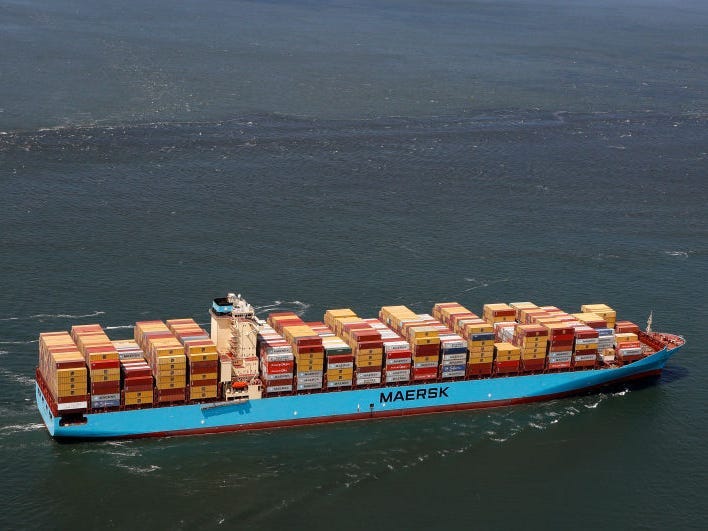As the prospect of a second Donald Trump presidency looms, consumer-facing brands are proactively adjusting their business models to mitigate the potential impact of tariffs and economic changes. Executives from notable companies such as Yeti, Warby Parker, and Traeger are openly discussing their strategies during earnings calls, indicating an increased awareness of the political landscape’s influence on their operations. Recent data from AlphaSense highlights that the mention of tariffs in corporate earnings discussions has reached its highest frequency since 2020, with nearly 300 companies worldwide addressing the topic within the last week alone. This trend reveals a significant shift in how businesses are planning for future costs, supply chain adjustments, and pricing strategies in light of potential policy changes.
Yeti, a brand synonymous with premium outdoor products, is pivoting its production strategies as it contends with uncertain tariffs. The company’s CFO, Michael McMullen, announced an ambitious goal to transition 50% of its drinkware production outside of China by the end of the following year. This move aligns with their broader strategy to identify new suppliers and diversify sourcing locations, although price increases for consumers remain a possibility. McMullen commented on the need to be proactive in managing risks associated with tariffs, emphasizing a focus on controllable factors while preparing for the unpredictable landscape ahead.
In a similar vein, Steve Madden is reconfiguring its sourcing strategy to counterbalance potential tariff implications. CEO Edward Rosenfeld remarked on the company’s initiative to reduce dependence on Chinese manufacturing from approximately 70% to below 45%. This strategic adjustment involves cultivating relationships with factories in alternative countries such as Cambodia, Vietnam, Mexico, and Brazil, indicating a significant shift in the company’s supply chain management aimed at enhancing resilience against tariff-induced cost pressures.
Warby Parker is also proactively adjusting its operations, having consciously reduced its exposure to China over the past five years. Co-founder and CEO Neil Blumenthal articulated the company’s ability to pivot further into diverse regions and collaborate with vendors to mitigate tariff impacts, underscoring the considerable role tariffs already occupy as a portion of their product costs. This thorough preparation exemplifies a growing trend among retailers to distance themselves from regions perceived as high-risk for future economic fluctuations.
In the grilling market, Traeger is navigating the complexities of its manufacturing strategies, recognizing that about 80% of its grills are currently produced in China, although wood-pellet grills are currently exempt from tariffs. CEO Jeremy Andrus expressed a commitment to exploring near-shoring options, such as shifting production to Mexico, while also preparing for potential shifts in the regulatory landscape. This adaptive strategy demonstrates the company’s effort to retain flexibility in its sourcing model, reflecting the intricate dynamics that will play out under a new administration.
ELF Beauty’s CFO, Mandy Fields, discussed the implications of tariffs on the beauty sector, noting that while the company dealt with significant tariffs in the past, their present trade volume has been reduced considerably due to a pivot in sourcing strategies. Furthermore, CEO Tarang Amin highlighted the company’s international sales growth and remarked on their plans to implement selective price hikes if necessary to navigate costs arising from the new tariffs. In contrast, BarkBox finds itself revisiting challenges reminiscent of past years while considering potential cost absorption strategies in light of the changes. CEO Matt Meeker reflected on the need for strategic planning in a volatile environment, further illustrating the broader industry response to the potential impact of a second Trump presidency on supply chains and pricing.
These proactive adjustments, from enhanced sourcing capabilities to potential price adjustments, exhibit a clear trend among consumer brands as they brace for the effects of political and economic developments. With nearly 300 companies recalibrating their strategies and acknowledging the heightened discourse surrounding tariffs, it becomes evident that businesses are prioritizing their resilience and adaptability in these uncertain times.

